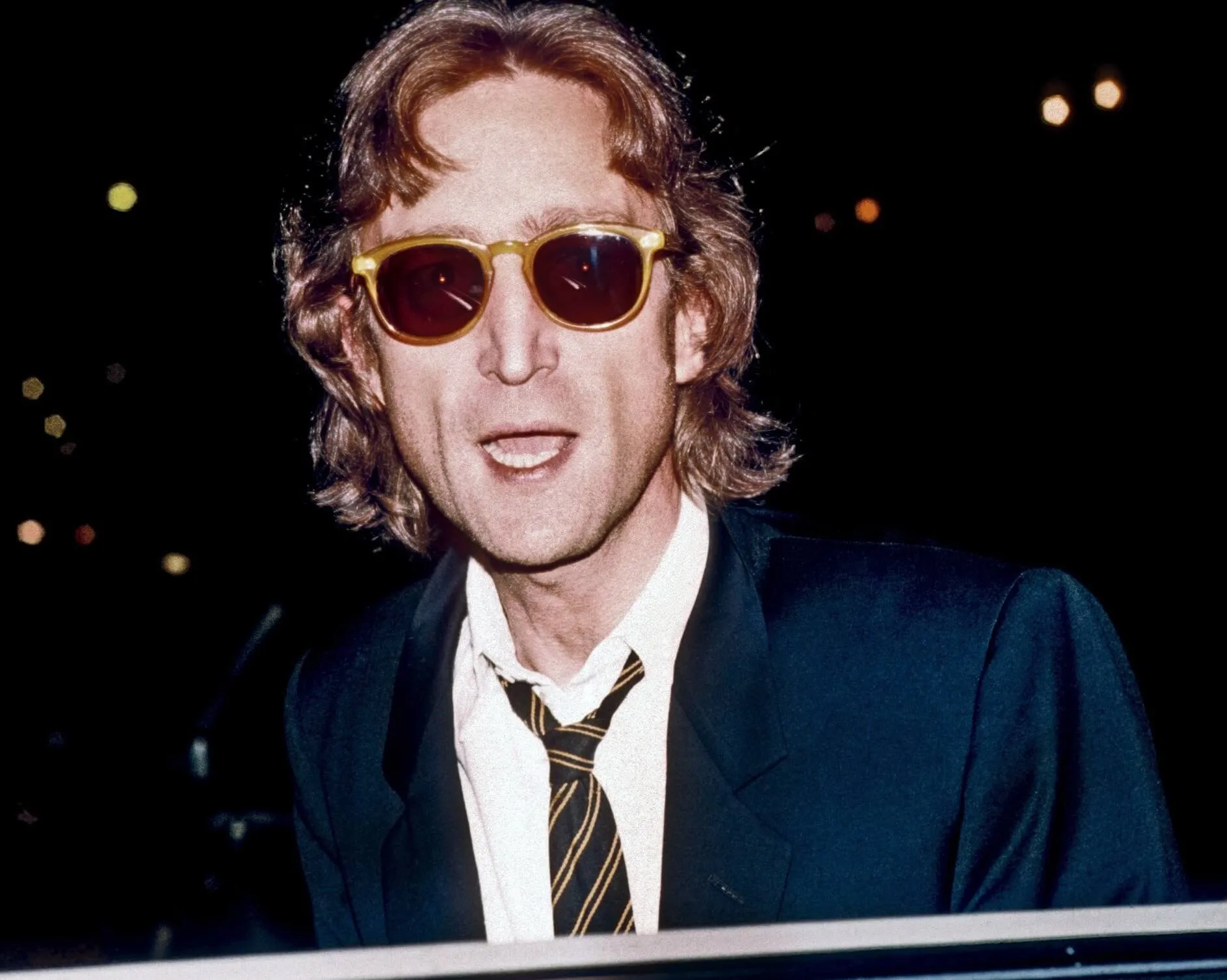
Why John Lennon ‘Really Scared’ Marianne Faithfull: ‘He Had a Huge Number of Demons’
British Invasion star Marianne Faithfull spent a lot of time with John Lennon while he was doing LSD. She found this experience frightening. Interestingly, she also said that John’s scary emotions came out in his solo work.
Marianne Faithfull said John Lennon did acid ‘thousands’ of times
Faithfull is a singer known for her tracks “Sister Morphine” and “As Tears Go By.” She worked on songs by The Beatles and The Rolling Stones. She also dated Count Jean de Breteuil, the drug dealer to Brian Jones, Keith Richards, Janis Joplin, and Jim Morrison. Faithfull might be more known for her time in the entourages of others than for her work as an artist.
During a 2011 interview with Louder, the balladeer discussed her relationship with John. “I met John Lennon because Paul and John were close friends of [artist] John Dunbar,” she recalled. “Lennon and John took thousands of acid trips together. Lennon’s attitude towards me changed a lot when I went off with Mick. He didn’t like that at all.
“I’d see him and he was always in such a wild state on acid it scared me,” she added. “He really scared me, actually. All the emotion that came out on the Plastic Ono Band was there for years for all to see. He had [a] huge number of demons. Maybe we all do, but he had more than most.”
John Lennon’s debut solo album feels like an attack on everything
When Faithfull mentioned the Plastic Ono Band, she was likely referring to the album John Lennon/Plastic Ono Band. That was John’s first record as a solo artist. Anyone who went into it expecting something conventional like “I Want to Hold Your Hand” or even something delightfully whimsical a la “Lucy in the Sky with Diamonds” would have been severely disappointed.
The record starts with the brooding ballad “Mother,” where John yells about how much he misses his father and how upset he is with his father for abandoning him. John Lennon/Plastic Ono Band also includes “Working Class Hero,” one of the most dour attacks on the system ever to come out of the counterculture. The album ends with “God,” a ballad where John says he doesn’t believe in God, Jesus, the Bible, Buddha, magic, the Bhagavad Gita, the tarot, Bob Dylan, Elvis Presley, or The Beatles. He also tells his audience that the dream of the 1960s is over. What an uplifting record!
Did Marianne Faithfull sell the album short?
Faithfull was correct that the record is an exploration of John’s demons. However, it ends with an affirmation that John still believes in himself and his wife, Yoko Ono. Perhaps it all has a happy silver lining about how love can make the horrors of life redeemable. But Faithfull can be forgiven for focusing on all that screaming above all.
Later in the interview, Faithfull joked about her connections to other British Invasion bands. “Ridiculous isn’t it, darling,” she said. “My destiny was always was to stand alone, not to be part of any entourage. But look at this suite. Isn’t it wonderful? I feel like a Grande Dame. Of course, I couldn’t afford to stay here. They’ve let me have it for free. Perhaps I must be quite famous after all.”


